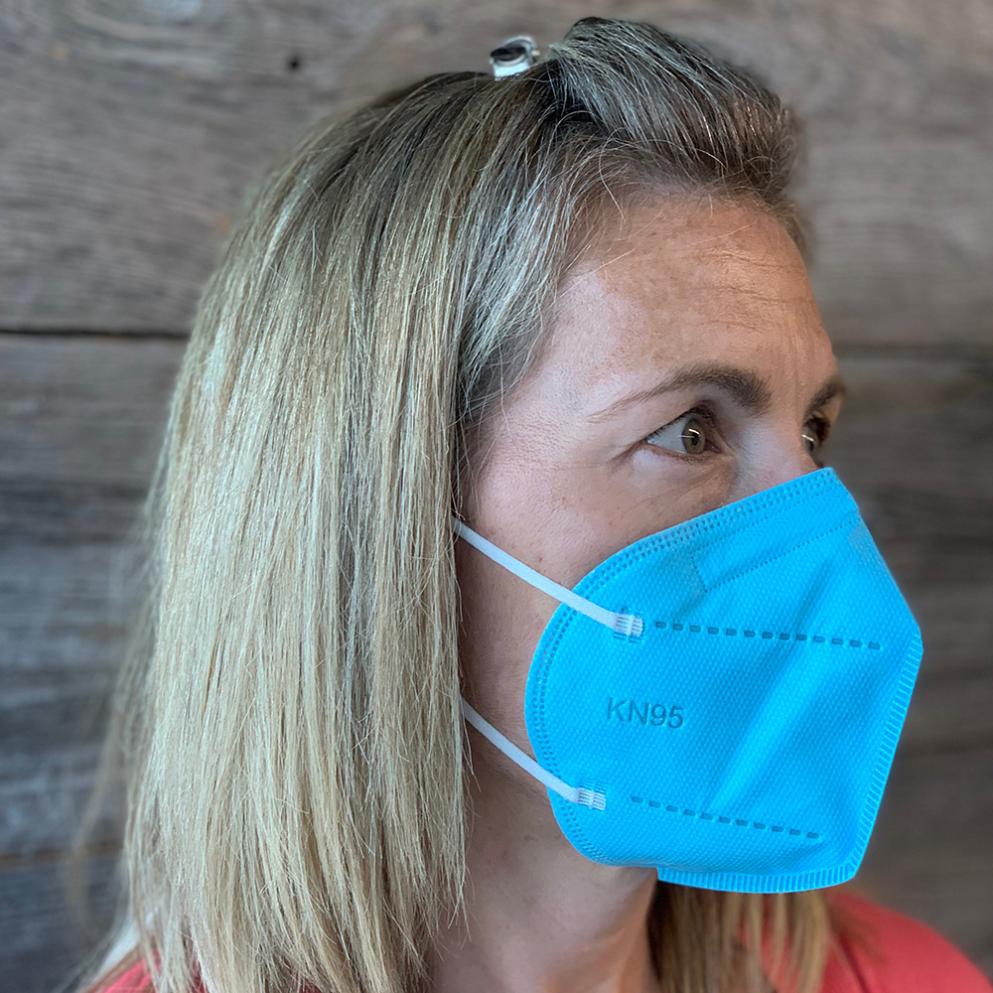Ethical Considerations of Wearing a KN95 Mask
The ongoing COVID-19 pandemic has brought the use of KN95 masks to the forefront of public health discussions. While these masks offer effective protection against the virus, their usage raises ethical questions that require careful consideration. This article delves into the ethical implications of wearing KN95 masks, exploring environmental impact, resource allocation, personal protective equipment (PPE) shortages, and cultural and social factors.

I. Ethical Considerations
A. Environmental Impact
- KN95 masks are typically made of synthetic materials, including polypropylene, which have a significant environmental footprint.
- Disposable KN95 masks contribute to waste generation, adding to the already strained waste management systems.
- Eco-friendly alternatives to KN95 masks, such as reusable cloth masks or masks made from sustainable materials, can help reduce environmental impact.
B. Resource Allocation
- The limited availability of KN95 masks during the pandemic has created allocation challenges.
- Prioritizing certain groups, such as healthcare workers, over others raises ethical questions about fairness and equity.
- Strategies for ensuring equitable distribution of KN95 masks, such as government regulations and community-based initiatives, are essential.
C. Personal Protective Equipment (PPE) Shortages
- The global shortage of PPE, including KN95 masks, during the pandemic has highlighted the ethical dilemma of individuals stockpiling masks.
- Stockpiling KN95 masks can exacerbate shortages, depriving healthcare professionals and other essential workers of critical protection.
- Initiatives aimed at addressing PPE shortages and promoting fair distribution, such as government regulations and community-led efforts, are crucial.
D. Cultural And Social Factors
- Mask-wearing norms vary across cultures and societies, influencing the perception and usage of KN95 masks.
- KN95 masks may become a symbol of social division or discrimination, potentially exacerbating existing societal inequalities.
- Campaigns and initiatives that promote mask-wearing as a collective responsibility and emphasize empathy and solidarity can help mitigate these concerns.
II. Balancing Ethical Considerations
Navigating the ethical considerations surrounding KN95 mask usage requires a balanced approach that takes into account both individual and societal well-being. This includes considering the environmental impact of mask usage, ensuring equitable distribution of masks, addressing PPE shortages, and promoting mask-wearing as a collective responsibility.
- Successful strategies for balancing ethical considerations in mask-wearing policies often involve collaboration between governments, healthcare organizations, and community groups.
- Clear communication, transparent decision-making, and ongoing evaluation are essential for developing effective and ethically sound mask-wearing policies.
The ethical considerations related to KN95 mask usage are complex and multifaceted. By understanding the environmental, resource allocation, PPE shortage, and cultural and social implications of mask-wearing, individuals and policymakers can make informed decisions that prioritize both individual and societal well-being. Ethical decision-making in the context of public health is crucial for promoting a just and equitable response to the COVID-19 pandemic and future health crises.

YesNo

Leave a Reply